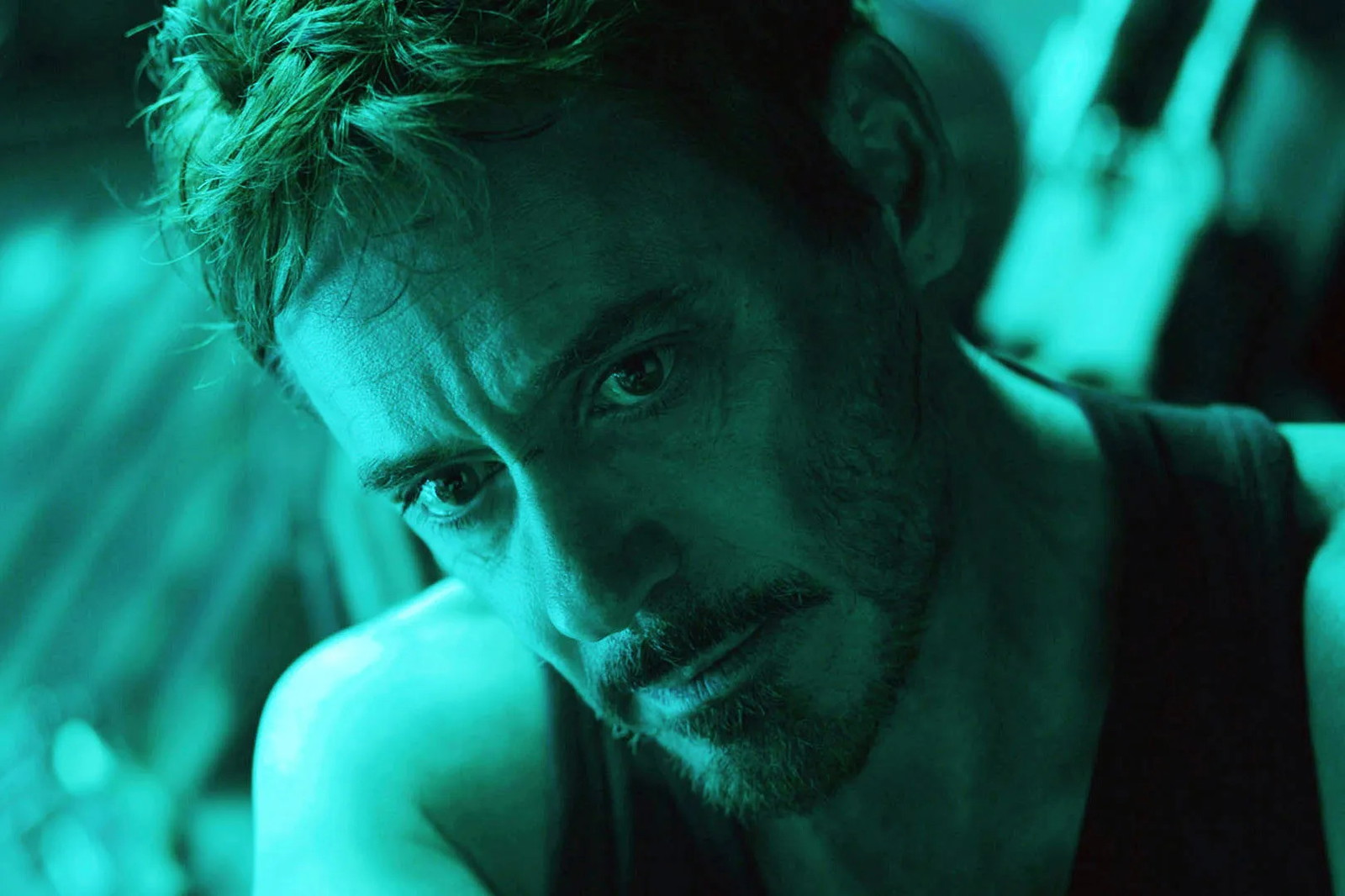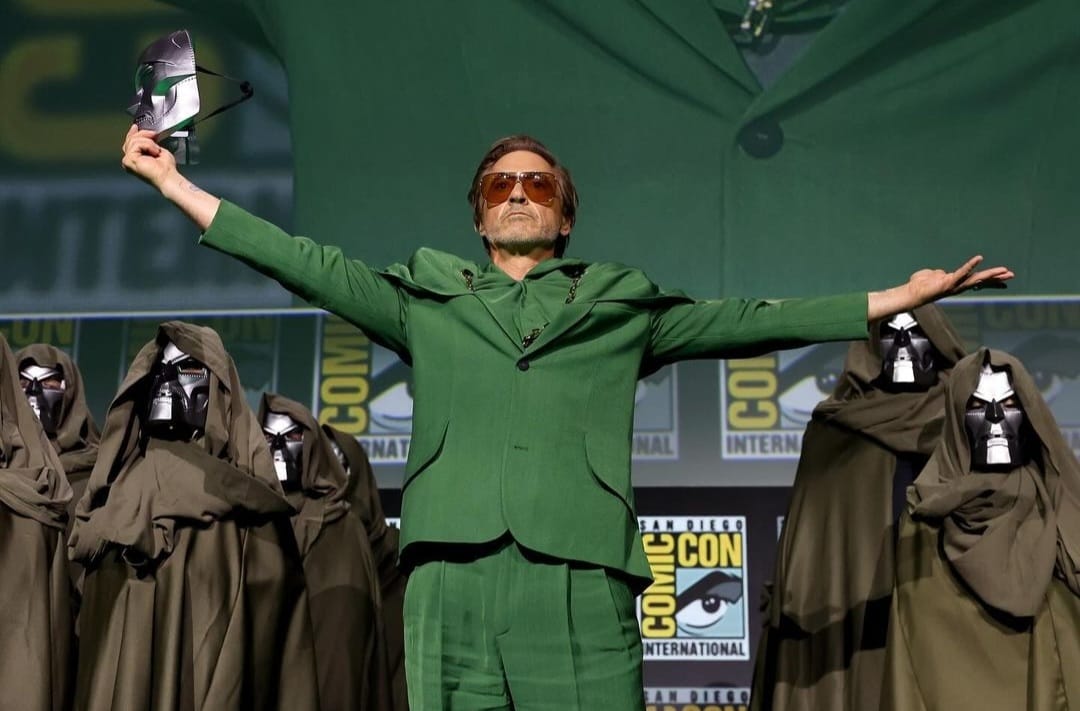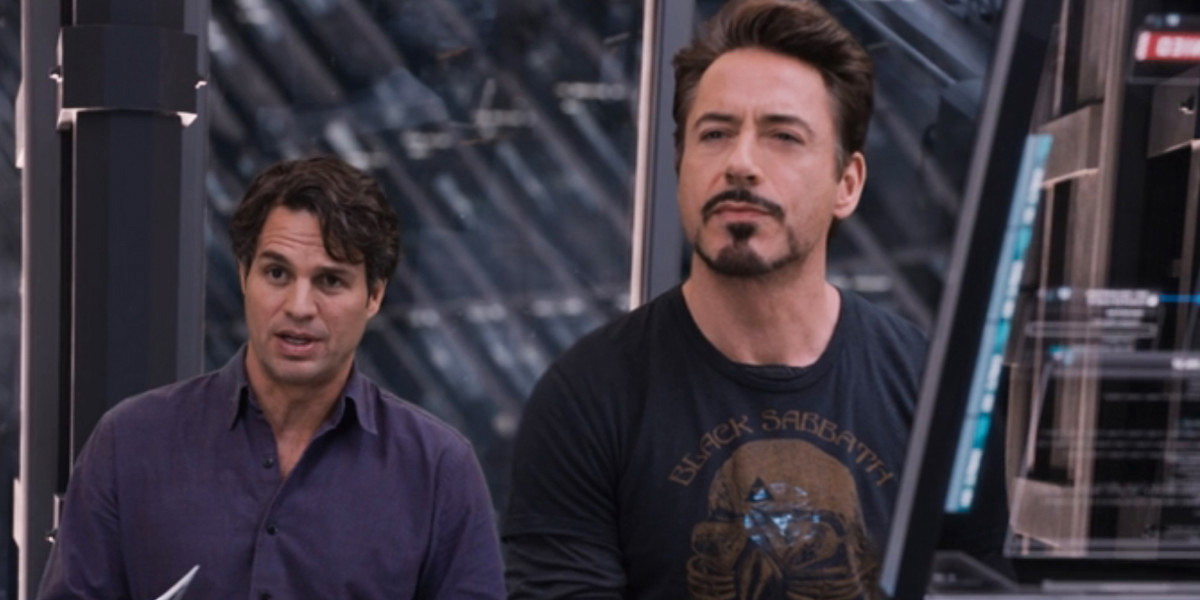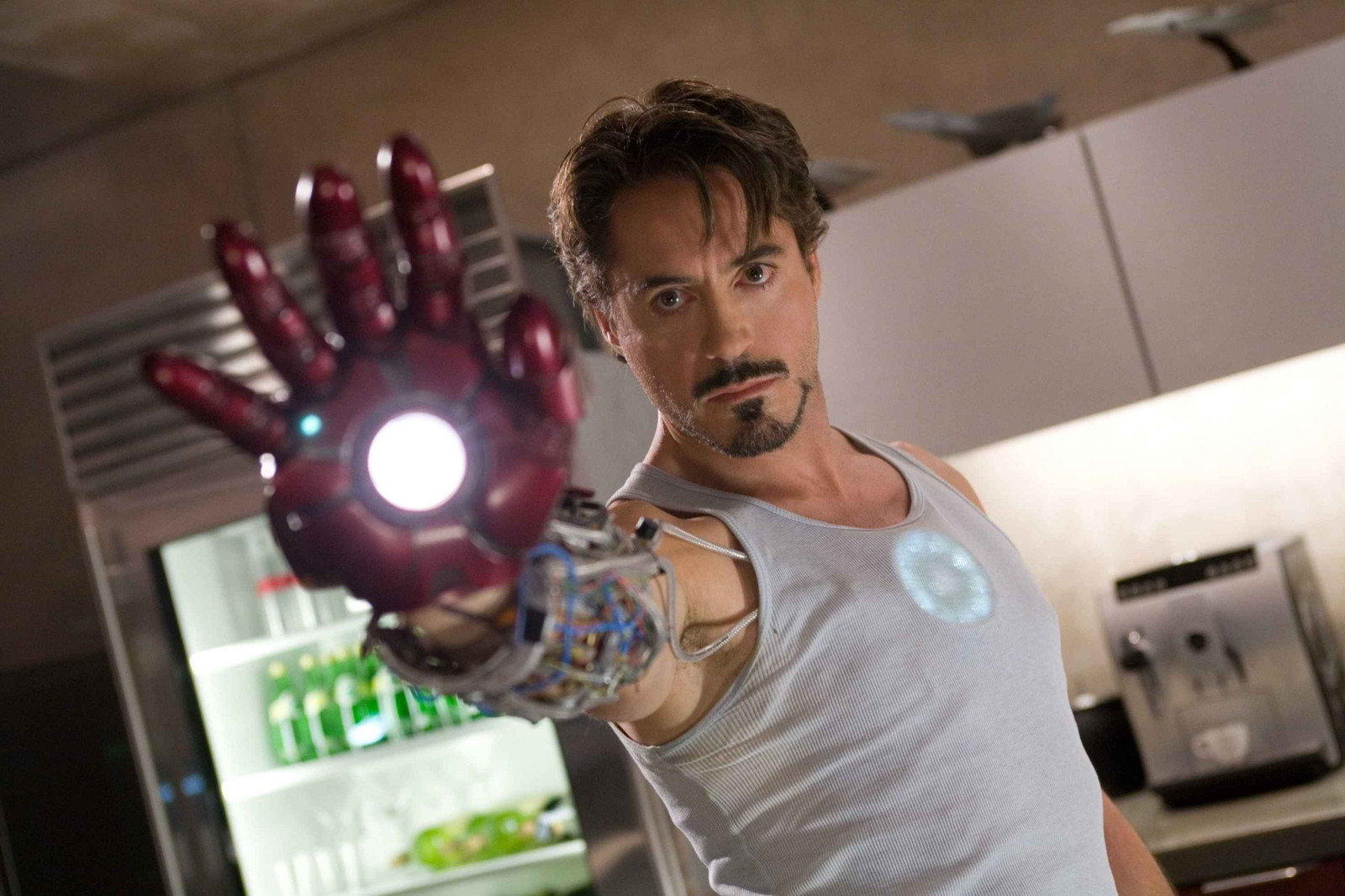The news of Robert Downey Jr.’s return to the Marvel Cinematic Universe (MCU) has sent shockwaves through the entertainment world. For years, fans have revered Downey as the face of the MCU, immortalized as Tony Stark, the billionaire genius who sacrificed himself in Avengers: Endgame. When the announcement of his return surfaced, there was a mix of elation and suspicion. Was this really about the art, or was there a more lucrative reason behind the decision?

Downey’s departure from the MCU in 2019 was a monumental event. His portrayal of Tony Stark was not just beloved by fans but also critically acclaimed, and his departure marked the end of an era. It seemed unlikely that he would return, especially after how definitively his character’s arc was concluded. Yet, here we are, on the brink of his reappearance in a different role altogether. The question on everyone’s mind: Why now?
The initial reports suggested that Downey would not be reprising his role as Iron Man but would instead take on the iconic villain Doctor Doom in the upcoming Avengers: Doomsday and Avengers: Secret Wars. This announcement was met with mixed reactions. Some fans were excited about seeing Downey bring his charisma to a new character, while others were skeptical, questioning if he was the right fit for the sinister and complex Doctor Doom. However, the more pressing concern was not the role itself but the staggering paycheck attached to it.

According to reports, Robert Downey Jr. could earn as much as $100 million for his role in these two films. But that’s not all. With box office incentives, his earnings could potentially skyrocket to $200 million. This amount is jaw-dropping, even by Hollywood standards, and it has raised many eyebrows. To put it in perspective, this potential earning is nearly as much as the entire box office gross of The Marvels, which brought in $206 million worldwide.
This raises an important question: Is Downey’s return driven by a genuine passion for the character, or is it a financially motivated decision? After all, Downey is no stranger to enormous paychecks. He reportedly earned $75 million for his role in Avengers: Endgame, and that was five years ago. Given his rising profile after the success of Oppenheimer, where he received widespread acclaim for his portrayal of Lewis Strauss, it’s no surprise that Marvel would offer him an even more significant payday to lure him back.
In a recent interview on The Hollywood Reporter’s “Awards Chatter” podcast, Downey discussed his return to the MCU. He mentioned that Kevin Feige, Marvel Studios’ president, approached him about the possibility of playing Doctor Doom. Downey expressed that he was intrigued by the character after researching him. “I looked up this character, and I was like, ‘Wow,’” Downey said. He emphasized the importance of getting the character right, indicating that he was genuinely interested in the role.

However, despite his enthusiasm, fans and critics alike have questioned whether money played a significant role in his decision. The timing and nature of his return have led to speculation that this move is more about the paycheck than the passion for acting. While Downey is undoubtedly a talented actor who could bring depth to the role of Doctor Doom, the financial aspect cannot be ignored.
The MCU has been struggling in recent years, with several of its films underperforming at the box office and receiving mixed reviews. The franchise has also faced criticism for its reliance on established characters and its apparent difficulty in launching new ones.
In this context, bringing back a fan-favorite actor like Downey could be seen as a strategic move to rejuvenate the franchise and draw in audiences. However, the financial implications of such a move are enormous, and it’s hard to believe that the studio and Downey himself are not aware of this.
The contrast between Downey’s potential earnings and the box office performance of The Marvels is particularly striking. The Marvels, which starred Brie Larson as Captain Marvel, was expected to be a major hit for Marvel. However, its box office performance was underwhelming, earning just over $200 million globally.

This figure is almost the same as what Downey could earn for his role in the next two Avengers films. The comparison has led to discussions about the value of star power in Hollywood and whether the focus on big-name actors like Downey is overshadowing other aspects of filmmaking.
For some fans, Downey’s return is a double-edged sword. On the one hand, his presence in the MCU is reassuring, a sign that the franchise is returning to its roots and what made it successful in the first place. On the other hand, the sheer amount of money involved has left many wondering if this is a desperate move by Marvel to regain its former glory, rather than a genuine artistic decision.
It’s also worth considering how this news impacts other actors in the MCU. Brie Larson, for example, has faced her share of challenges within the franchise. Despite her character’s significant role in the overarching MCU narrative, Larson’s films have not achieved the same level of financial success as those led by Downey or other original Avengers. The news that Downey could earn as much as her film’s entire box office gross only adds to the existing discourse about gender disparities in Hollywood, especially when it comes to pay.
Moreover, the fact that Marvel is willing to pay such a staggering amount for Downey’s return raises questions about the studio’s priorities. Is Marvel more focused on capitalizing on nostalgia and star power than on investing in new stories and characters? The MCU’s success has always been built on a delicate balance of introducing new heroes while maintaining ties to its beloved legacy characters. However, this balance seems to be shifting, with more emphasis being placed on bringing back familiar faces at any cost.
As the conversation around Downey’s return continues, it’s clear that fans are divided. Some are thrilled at the prospect of seeing him back on screen, regardless of the reasons behind it. Others are more cynical, viewing his return as a sign that Marvel is struggling to find its footing in a rapidly changing entertainment landscape.
In the end, the true motivations behind Robert Downey Jr.’s return to the MCU may never be fully known. It’s likely a combination of factors—an interest in the character of Doctor Doom, a desire to remain part of the cultural phenomenon that is the MCU, and, of course, the financial incentives.
What is certain, however, is that his return will have significant implications for the future of the franchise. Whether it will be the boost Marvel needs to reclaim its former dominance or a sign of deeper issues within the studio remains to be seen.
As fans eagerly await the release of Avengers: Doomsday and Avengers: Secret Wars, one thing is clear: Robert Downey Jr.’s return to the MCU is a gamble, both for him and for Marvel.

Whether it pays off, in terms of both box office numbers and fan reception, will be one of the most closely watched developments in the entertainment industry over the next few years. Regardless of the outcome, Downey’s return marks a pivotal moment in the MCU’s history, one that will shape the direction of the franchise for years to come.
News
🎖️ Chiefs’ Push for Veteran Depth Informed by Past Super Bowl Experience: A Strategic Move for a Three-Peat
As the Kansas City Chiefs gear up for the 2024 NFL season, one aspect of their preparation stands out: the strategic push for veteran depth across key positions. With aspirations of securing a third consecutive Super Bowl title, the Chiefs…
🏈🏆 Is Darrell Doucette Really Better Than Patrick Mahomes? Flag Football Star’s Bold Claim Sparks a Heated Debate Among NFL Fans
In a surprising turn of events that has left the sports world buzzing, Darrell Doucette, the quarterback for the USA Men’s Flag Football team, recently claimed that he is better than Patrick Mahomes, the two-time Super Bowl champion and widely…
⭐ 2024 Kansas City Chiefs Team Preview with Odds, Moves & MVP Contenders
The Kansas City Chiefs are set for another exciting NFL season as they aim for their third consecutive Super Bowl appearance. Coming off a successful 2023 campaign, the Chiefs have made significant offseason moves to strengthen their roster and maintain…
🖖 Browns’ Potential Offensive Line Target Predicted to Join Chiefs: David Bakhtiari’s Future in the NFL
As the 2024 NFL season begins, veteran offensive tackle David Bakhtiari remains a free agent, and his next move is one of the most closely watched stories in the league. Once regarded as the best left tackle in football, Bakhtiari…
❺➎⓹ Ranking the Top 5 Offseason Moves Made by the Kansas City Chiefs
The Kansas City Chiefs had a busy offseason filled with critical decisions regarding contract extensions, free-agent signings, and draft choices. With the regular season just around the corner, it’s time to reflect on the most impactful moves made by the…
🧑🏿🦱“RDJ Should Be Playing This Role Instead of Doom”: Fans Suggest an Alternative Role for Robert Downey Jr. in the MCU
Robert Downey Jr. is set to make a highly anticipated return to the Marvel Cinematic Universe (MCU), but not in the way fans might have expected. The actor, best known for his portrayal of Tony Stark/Iron Man, is confirmed to…
End of content
No more pages to load











